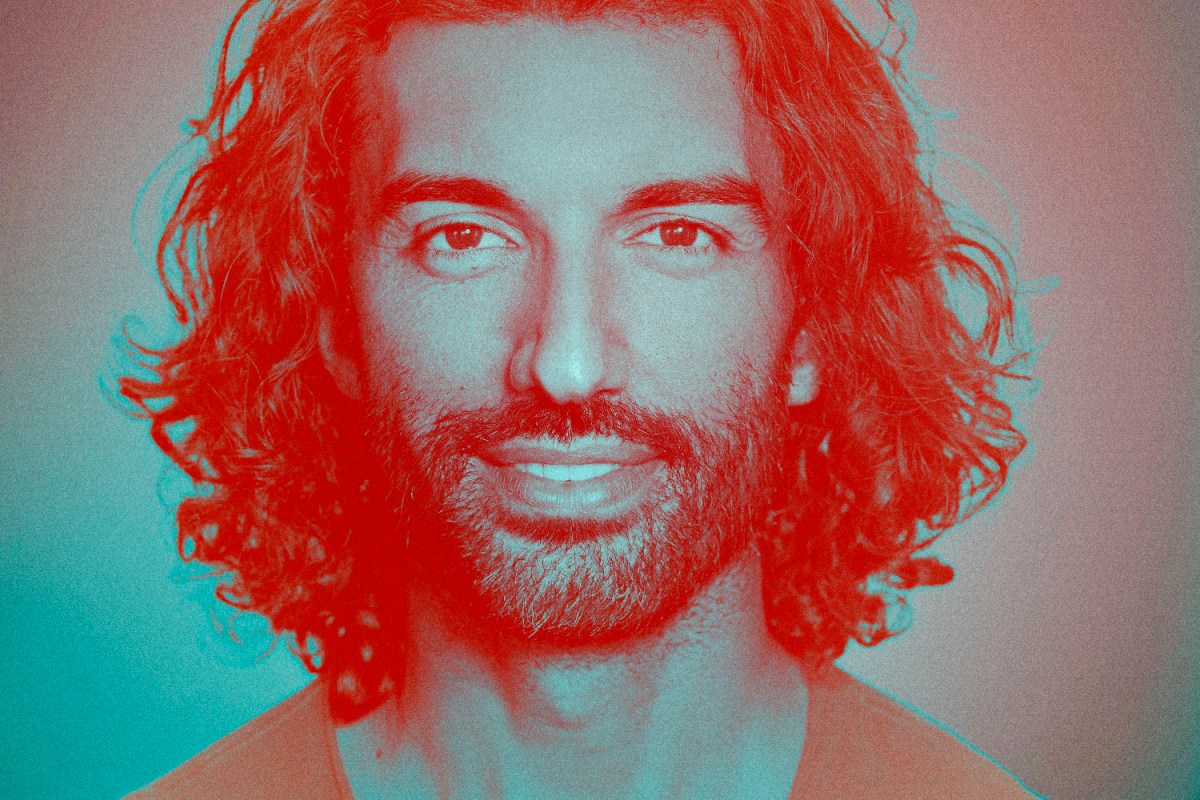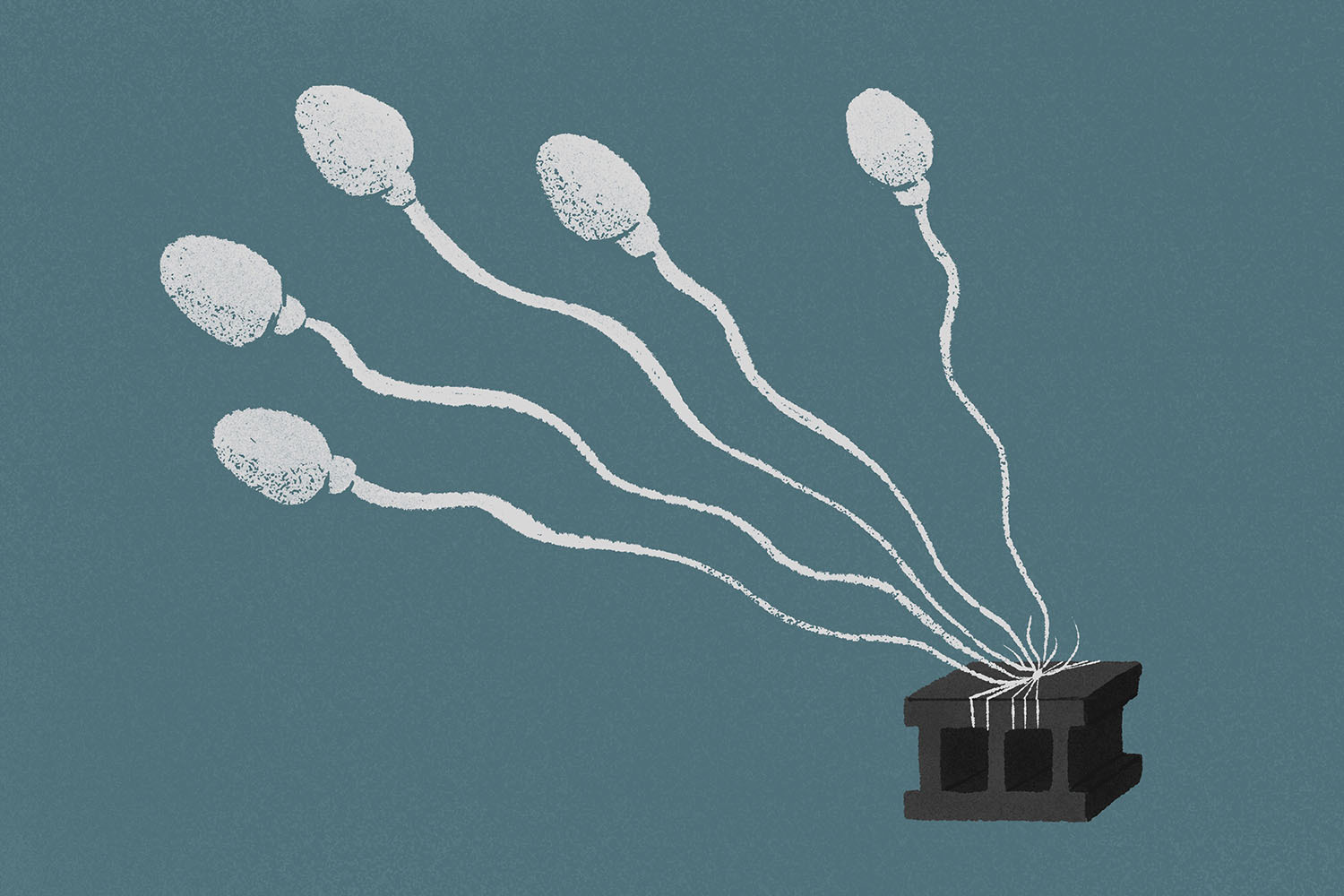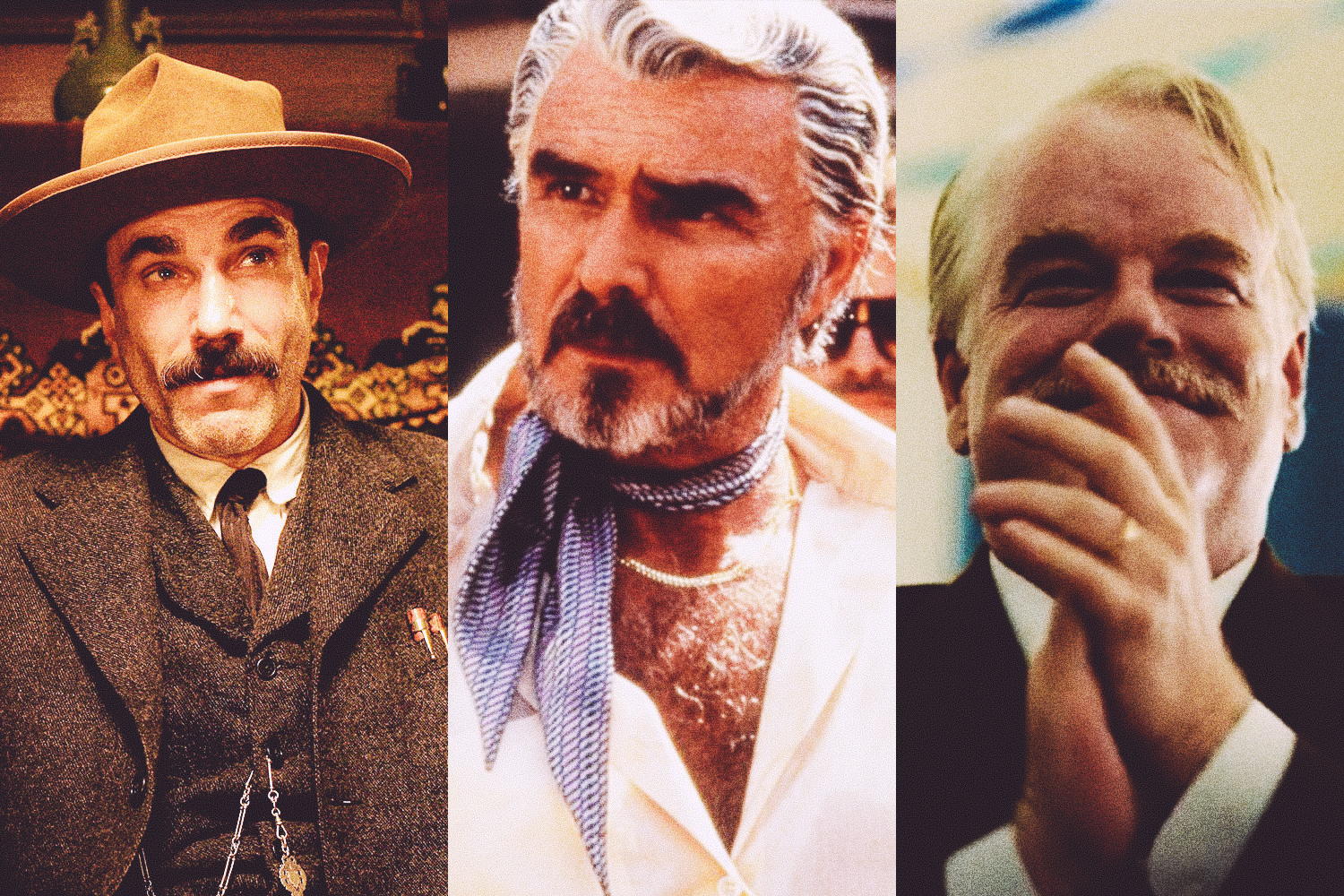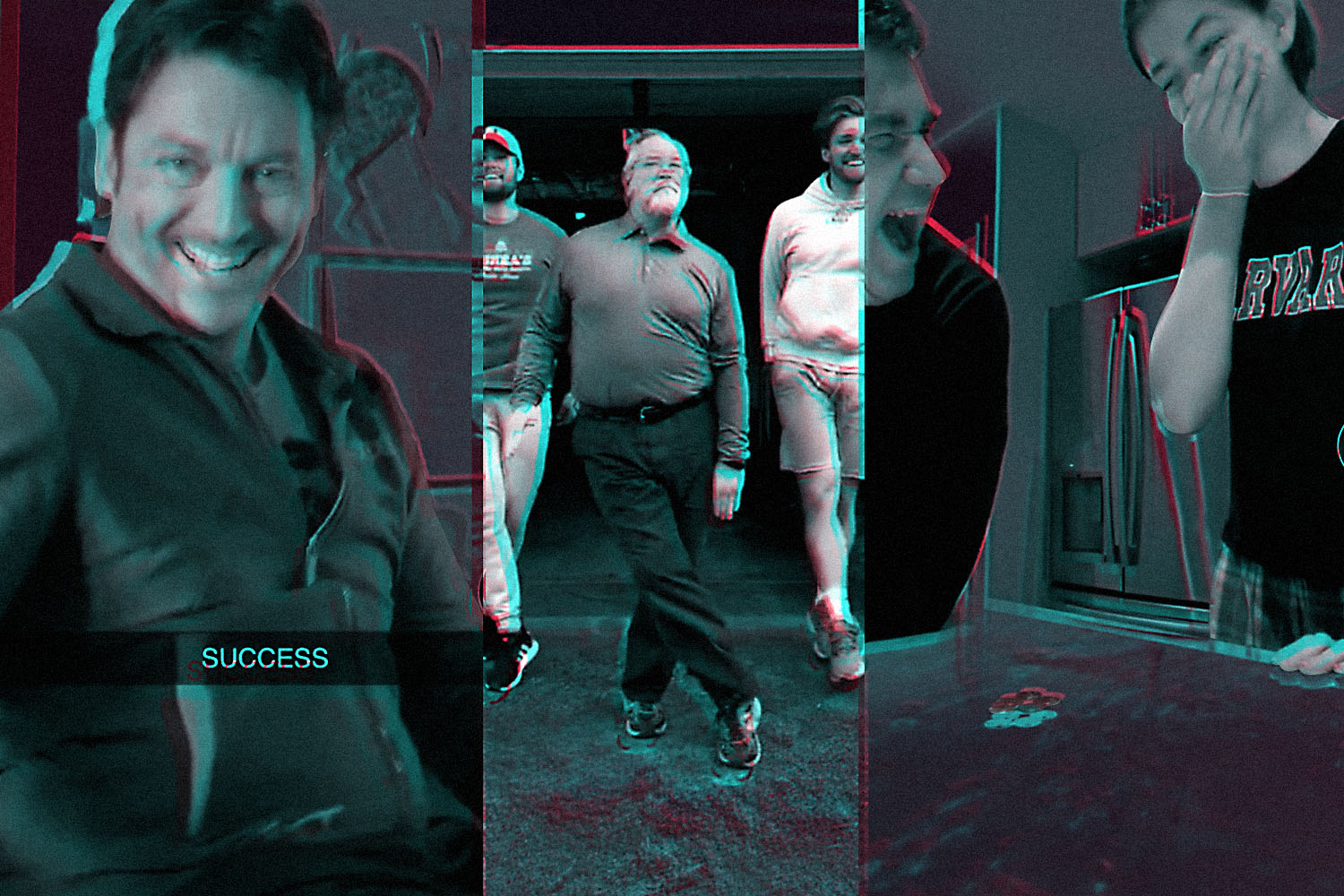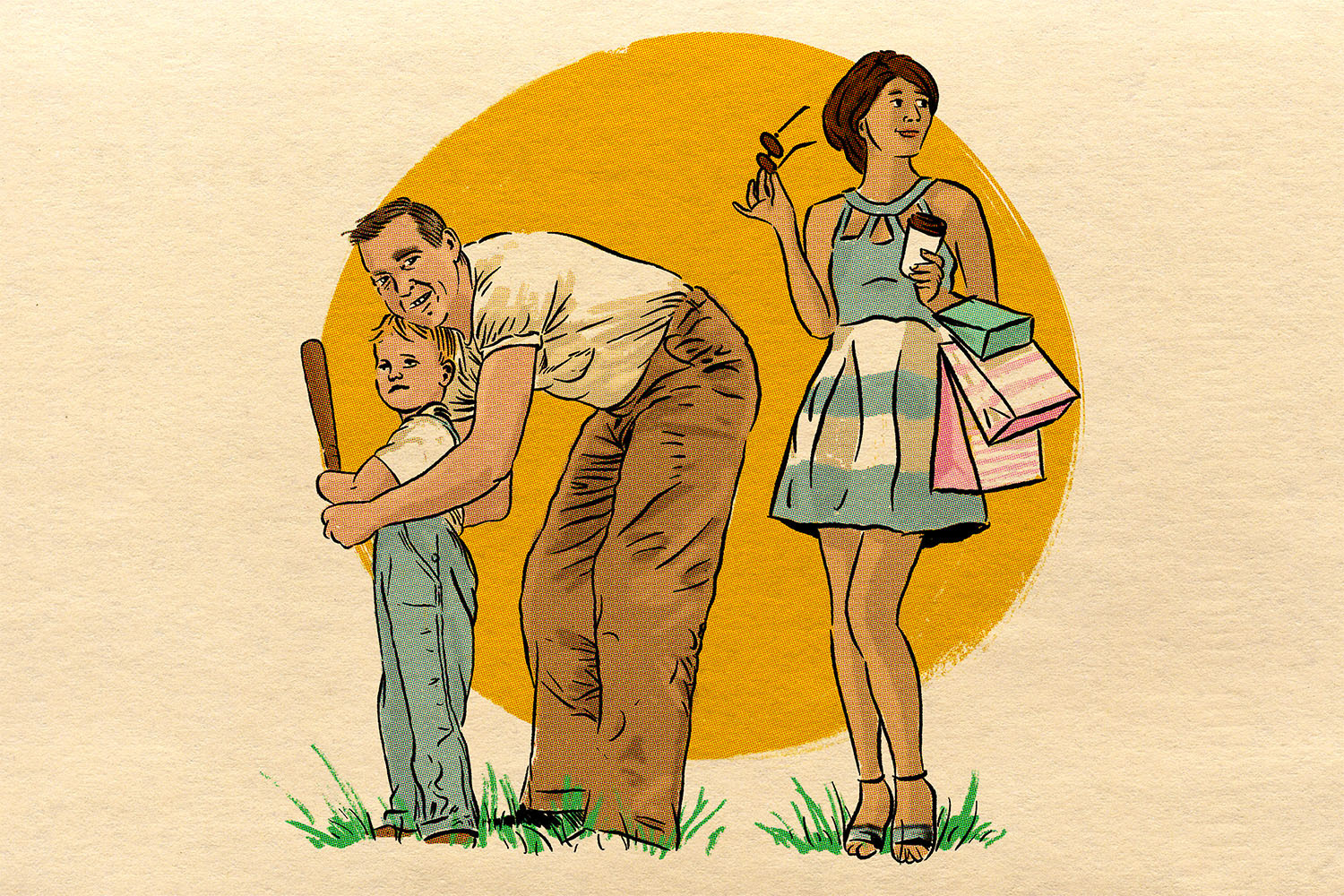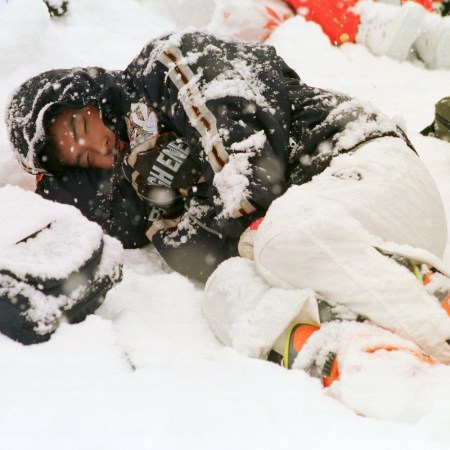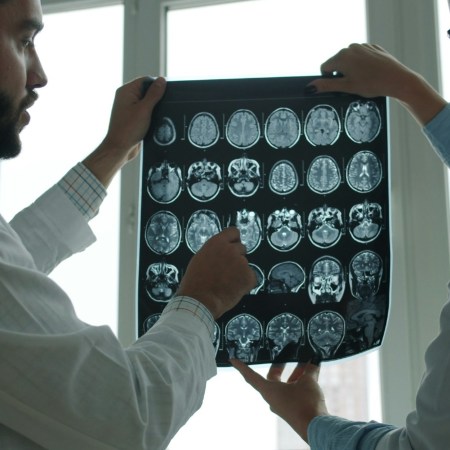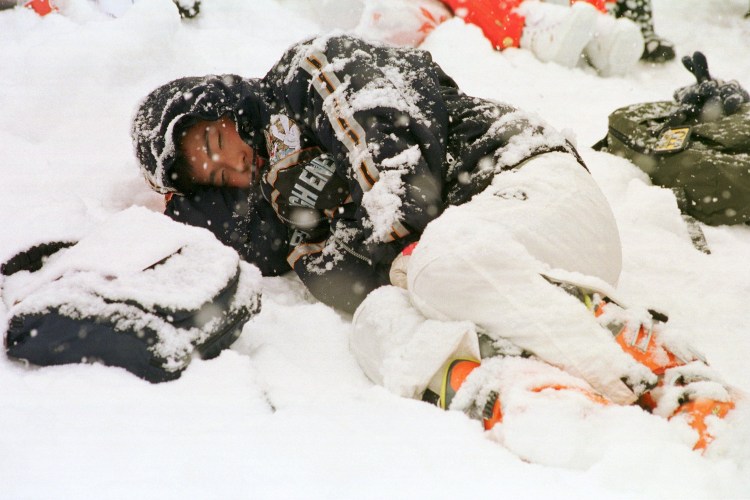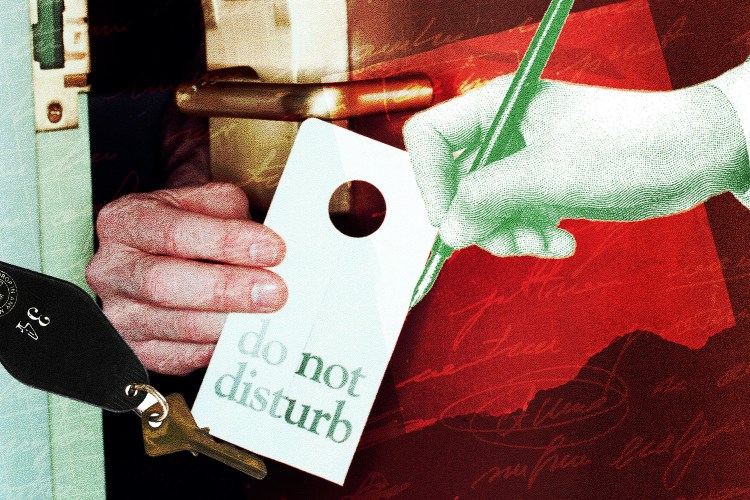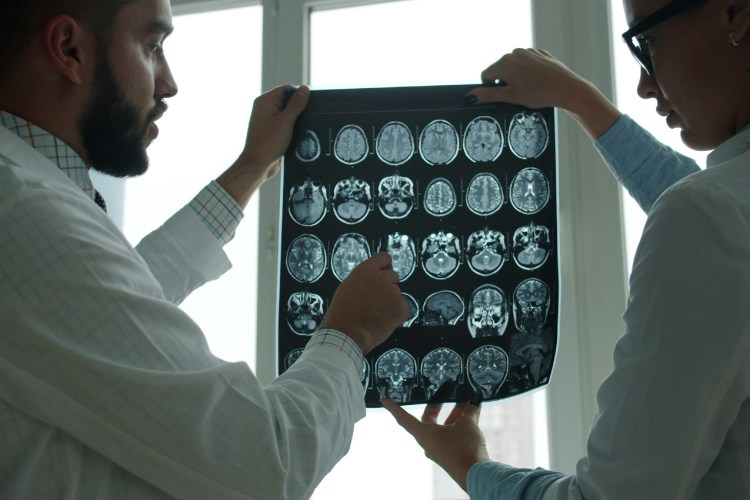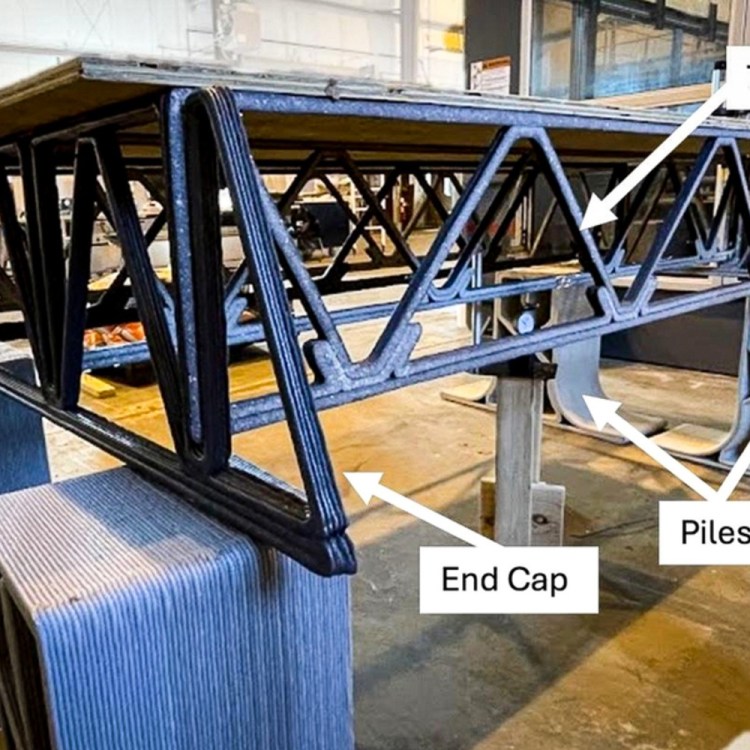Like many men who come home from work one day to a pensive wife and a positive pregnancy test, Justin Baldoni wasn’t ready to be a father. The pregnancy wasn’t planned — “apparently we don’t know how the mating process works,” he jokes — and while the actor, filmmaker and author always pictured himself becoming a dad one day, he found himself feeling surprisingly unready when that day finally came.
“What’s interesting in our patriarchal system is that you grow up wanting to be a father, but then when you reach that age and the clock is ticking, you don’t feel ready,” says Baldoni. This, he believes, is a product of the very same narrative that encourages boys to aspire to eventual fatherhood, to sire a son to carry their name, in the first place. When it comes time to finally pass that name on, those same pressures and expectations of masculinity prompt men to question whether they’re actually “man enough” for fatherhood. “You don’t feel ready because the system has told you that you haven’t done X enough to be ready to be a father. You’re not successful enough, you’re not smart enough, you’re not fill-in-the-blank enough to become a dad.”
Not being ready, however, as Baldoni has since come to learn, is one of the first and most important steps of preparing for fatherhood.
“I’ll never trust somebody who says they’re ready to be a parent because, to me, that means you haven’t done enough self work,” he tells InsideHook. “If you have done a lot of that work, you know you’re messed up and you’re going to mess up your kid.” And who’s ever ready to pass on a lifetime of generational trauma to another unsuspecting victim?
When he found out his own fatherhood was imminent, Baldoni had already begun a lot of that work, a journey he’s since gone on to chronicle in a 2017 TED Talk and the subsequent book it spawned, Man Enough: Undefining My Masculinity, which was released in April of this year. But once parenthood was on the horizon, Baldoni found himself approaching that work with newfound urgency, knowing full well he wouldn’t make the nine-month deadline.
Acknowledging he wasn’t ready, however, turned out to be the best thing he could’ve done to prepare.
“It was the recognition that I’m not ready, and that I never will be, that got me ready,” he says. That humility, he believes, is the key to assuming any role as gargantuan as that of a parent.
“The president we would want to elect, the king we would want to have, is the person who says, ‘This burden is too much for me to bear,’ and is reluctant to take on that responsibility. That’s the person you want leading the charge,” says Baldoni. “You want the person who is humble and knows that every action will affect the life of one of his constituents. I believe the same thing goes for being a father: You feel like you’re not ready, but you will rise to the occasion.”
Declaring yourself “ready” for parenthood, he says, is like “being ready to go to war or being ready to climb Mt. Everest, or being ready to do one of the hardest things you could ever do in the world.” After all, “You are going to be responsible for the development and education of another life for the rest of yours.” How is there any readiness for that?
But while one might never be “ready” for fatherhood, one can — and should — prepare.
If conventional wisdom is to be believed — which it rarely is — a woman becomes a mother when she finds out she’s pregnant, while a man has to wait to become a father until the first time he holds his child in his arms. Baldoni’s advice: Don’t wait.
This charming little cliché is one of the many harmful, gendered narratives he seeks to dismantle in Man Enough, one he believes discourages many fathers from doing the work they need to do in preparation for the birth of their child, and also sets them up for disappointment.
“I write in the book that I believe true fatherhood starts when you find out your wife’s pregnant, not when you’re holding your baby,” he says. “A lot of fathers are told, ‘Oh my God, when you hold that baby, it’s going to be everything.’” Naturally, this puts an astronomical amount of pressure on a single moment to make up for nine months of distance and detachment. For an entire pregnancy, men are reassured, by themselves and others, that once they hold their child, they’ll bond with it instantly. And then when that moment comes, “They’re like, ‘Oh my God, I don’t really feel anything,’” says Baldoni. “It happens all the time, but men never talk about it.”
But whether they talk about it or not, this disillusioning introduction to fatherhood happens to many men, and it happens, Baldoni believes, “because they don’t do the work to prepare for it.” In the book, the actor and author likens a father preparing for the birth of his child to an athlete preparing for a major competition. “The difference,” he writes, “is that our preparation for the day our children are born rarely involves anything physical, so it can be easy to forget we need to do it.”
And many men do forget, or simply neglect, to do it. “They’re not there with the baby, talking to the baby, feeling the baby,” says Baldoni. Instead, “They’re out providing and doing what the patriarchy says they’re supposed to do, which is being absent and disconnected from the experience. And then when they have the baby, they’re like, ‘Oh my God, what do I do with this thing?’”
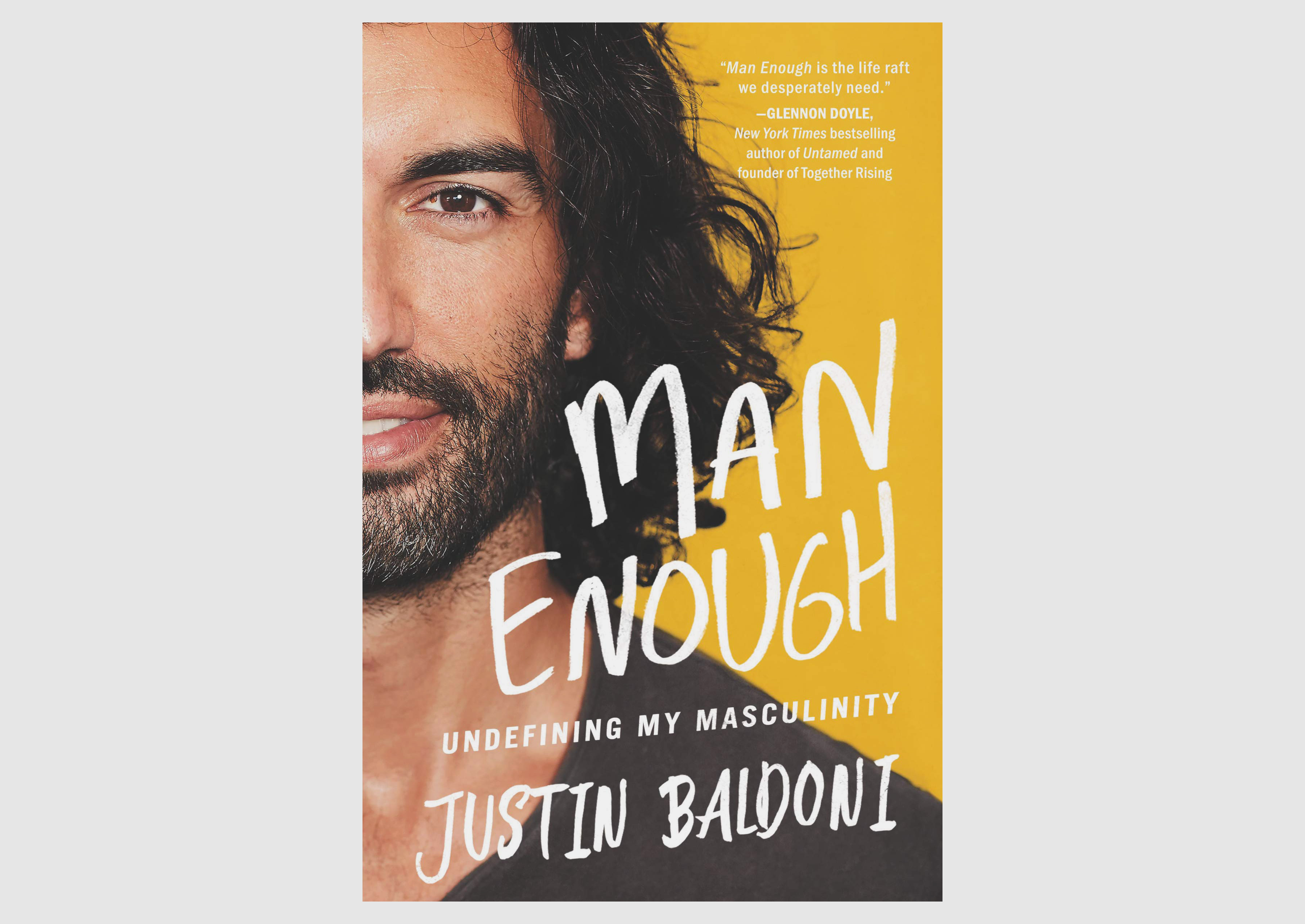
For many men, this absence and disconnect extends even to the birth itself, and once again, society is probably more to blame than any individual cold-footed dad. After all, it wasn’t so very long ago that men weren’t even allowed anywhere near the delivery room at all.
“I think oftentimes for men, we feel left out of it because that’s what the patriarchy tells us is supposed to happen,” says Baldoni. “We’re not supposed to be a part of birth. It’s not for us, it’s the woman’s job, right? And that’s just backwards. That’s completely backwards.”
While dads-to-be are no longer encouraged to camp out at a bar down the street waiting to pass out cigars while their wives are in labor, societal messaging still tells men they should keep their distance from the center of the action, lest the sight of a laboring vagina ruin their sex drive for life. That’s what we’re told, anyway, when we hear about the birth experience from a man’s perspective at all, which we don’t very often.
“In my research, I didn’t find anything that did justice to the father’s experience of a childbirth, and we rarely see it in television or film,” says Baldoni. “What do we see as men? We see the image of the dad passing out when he sees the vagina stretched and the baby coming out; we talk about men not wanting to see it because it means they’re not going to want to go down there anymore or have sex with their wives.”
That’s why Baldoni felt passionate about including a detailed description of his daughter’s birth in the book — a raw, intimate passage featuring the author crawling into the birthing pool with his wife, “amid all the various fluids that were floating in the water with us,” that spares none of the gory, glorious details of what Baldoni calls “one of the most profound moments of my entire life.”
“I want men to have that experience,” he says. “I want men to be excited for birth and not be afraid of it. I want men to see the power of the feminine and what the female body can do. I want men to take their rightful place as a partner in birth.”
Of course, if fatherhood doesn’t begin with the birth of a child, it certainly doesn’t end there, either. Now a father of two — daughter Maiya, born in 2015, followed by son Maxwell in 2017 — Baldoni is still exercising the paternal muscles he began building when he first found out he was going to become a dad.
As a parent raising a son and a daughter in 2021, much of that work involves trying to prevent his children from internalizing the same gendered narratives Baldoni has spent much of his adult life actively working to unlearn.
“The world is going to tell my son that he has to be a certain way, that he has to be brave and strong and tough, that he can’t cry when he gets hurt, and he can’t cry when he’s happy or sad, that he’s got to suck it up and keep going. It’s going to tell him it’s okay to take physical risks because that’s the true measure of a man. The world’s going to tell him all of those things,” says Baldoni, which is why he feels it’s his responsibility to model the opposite, “to remind him that it’s also okay to be sensitive, to be emotional, to be compassionate, to be empathetic, to share, to give, to be mindful of the space that you take up, to be quiet and to listen and to observe.”
There are those who disagree with this approach, of course, those who argue that it’s better to prepare children for reality by treating them the way the world will. But the way Baldoni sees it, he has the opportunity, as a father, to create a reality his children won’t need armor to survive.
“If we’re raising our children to grow up to not just be brave and strong and tough boys that are impermeable, but compassionate, empathetic and sensitive boys that also are allowed to be strong and brave, then we have full humans,” says Baldoni. “That’s the world that I want to live in, that’s the world I want to see for my son and my daughter, and that’s the human I want my son to grow up to be.”
This article appeared in an InsideHook newsletter. Sign up for free to get more on travel, wellness, style, drinking, and culture.
